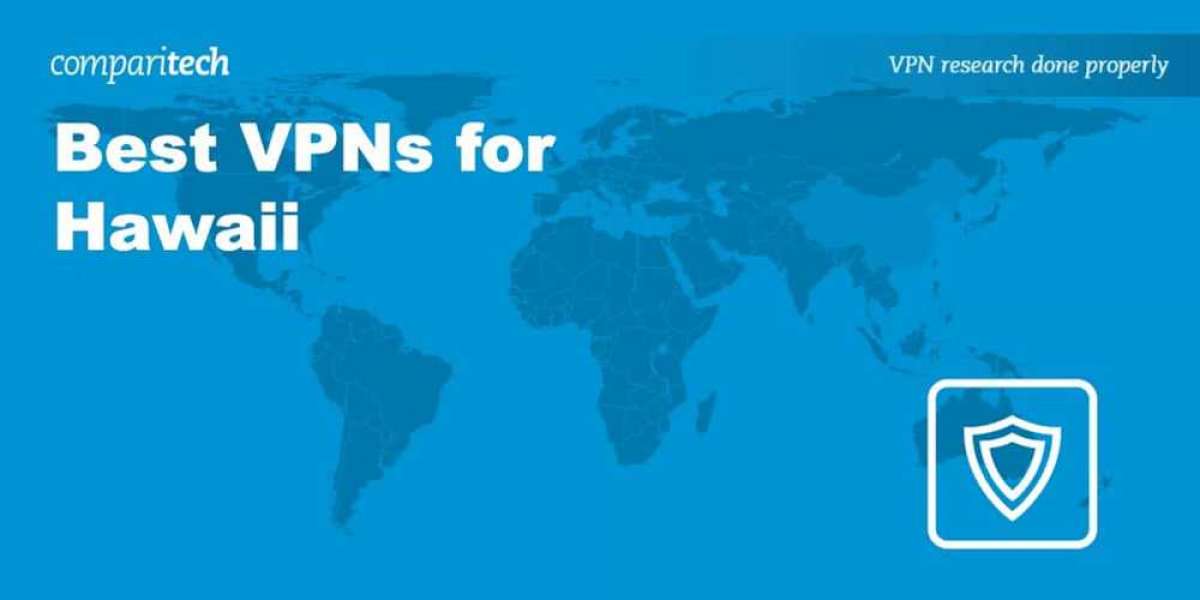For many couples seeking privacy, speed, and airtight documentation, court marriage in karachi is the most practical route. Yet most don’t know which forum actually handles the paperwork, what the real, line‑by‑line costs look like, or how long the entire process really takes. This guide breaks all of that down—courts, costs, timelines, documents, and pro tips—so you can plan with confidence and avoid hidden charges or procedural delays.
What does the process look like in Karachi?
In simple terms, court marriage is a formally documented Nikah conducted and registered through legal channels, typically with the help of a licensed lawyer who prepares affidavits, manages witnesses, and ensures immediate registration. Karachi’s scale and legal infrastructure (multiple family courts, bar-registered practitioners, and a dense network of Union Councils) make the pathway comparatively smoother—provided your documents are clean and your advisor is credible.
Which court actually handles it?
Practically, the on-ground workflow in Karachi runs through:
Lawyers’ chambers and bar-registered practitioners who prepare your file (CNIC copies, free-will affidavit, witness IDs, photos).
Nikah Registrar / Qazi who solemnizes the Nikah as part of the legal pack.
Family Court / Union Council for registration formalities and issuance of the official certificate.
You aren’t restricted to a single, specific courthouse; authorized lawyers practicing across districts (e.g., South, East, Central, West, Korangi, Malir, Kemari) can facilitate the entire process. The key is to work with someone who (a) is actually licensed, and (b) will transparently list every government and professional fee upfront.
Documents you’ll need (and why they matter)
Have these ready to keep your timeline tight and your budget under control:
CNICs (original + copies) of both bride and groom.
Two adult witnesses’ CNICs (original + copies).
Passport-sized photographs of both parties.
Affidavit of free will from the bride (often notarized; crucial to establish consent).
Divorce/death certificate if previously married.
For non-Pakistani nationals: passport, valid visa, and (often) an attested affidavit.
Getting these attested/notarized, especially the free-will affidavit, is where many couples see “miscellaneous” charges creep up—so ask your lawyer to itemize them.
How much does it cost? (Realistic ranges)
Typical total outlay in Karachi falls between PKR 20,000–40,000, depending on complexity, urgency, and who you hire. Breakdown:
Government / administrative charges
Stamp papers, Union Council / court registration: usually PKR 1,000–5,000.
Lawyer’s professional fee
For drafting affidavits, arranging witnesses (if needed), managing the Nikah registrar, and filing: commonly PKR 10,000–30,000. High-profile or urgent cases can be more.
NADRA marriage certificate
Applying via proper channels often costs PKR 2,000–5,000 (urgent processing or courier services add more).
Documentation incidentals
Photos, photocopies, notarizations: PKR 1,000–2,000 on average.
If you’re quoted a single “package price,” ask for a line-item invoice to ensure there are no add-ons later for witnesses, attestations, or “urgent slot fees.”
How long does it take? (Step-by-step timeline)
With all documents ready, many couples complete everything in one working day. A realistic flow:
Pre-marriage prep (1–3 hours)
Lawyer reviews IDs, drafts the bride’s free-will affidavit, arranges/validates witnesses, and prepares the Nikah papers.
Nikah solemnization signing (30–60 minutes)
Conducted by a Qazi/Nikah Registrar with witnesses present; Nikahnama is signed.
Registration certificate application (same day or next working day)
Union Council / NADRA processes can vary; urgent requests can still take a few days to deliver the official NADRA certificate.
Delays usually happen due to missing or mismatched documents, unresolved prior marital status, or non-availability of valid witnesses.
Why Karachi is often the “easier” city
Dense network of licensed practitioners: Easier to find transparent, fixed-fee services.
Experience with sensitive cases: Interfaith, interstate, or family-opposed unions are common, so procedures are well-rehearsed.
Digitization scale: Many firms maintain checklists, templates, and SOPs to keep the process tight.
That said, court marriage in pakistan follows the same fundamental legality across provinces—Karachi just benefits from scale and established workflows.
Common challenges (and how to avoid them)
Overcharging by unverified “agents”: Always ask for bar registration, a written fee quote, and official receipts.
Document gaps: Double-check CNIC validity, prior divorce/death certificates, and the spelling/number alignment on every form.
Skipping NADRA: The Nikahnama alone isn’t enough for many legal/immigration scenarios—register and secure the NADRA certificate.
Pro tip: Prepare a single PDF scan folder of all IDs, photos, and affidavits. It speeds everything up and reduces “surprise” photocopy/attestation fees.
Conclusion
If you know which forum to approach, how much each line item really costs, and how long each step should take, the process in Karachi is straightforward, fast, and fully protective of your legal rights. Work with a verified lawyer, keep your documents airtight, and insist on transparency at every stage—do that, and you’ll complete your union smoothly, affordably, and with the documentation you’ll need for life’s next steps.








